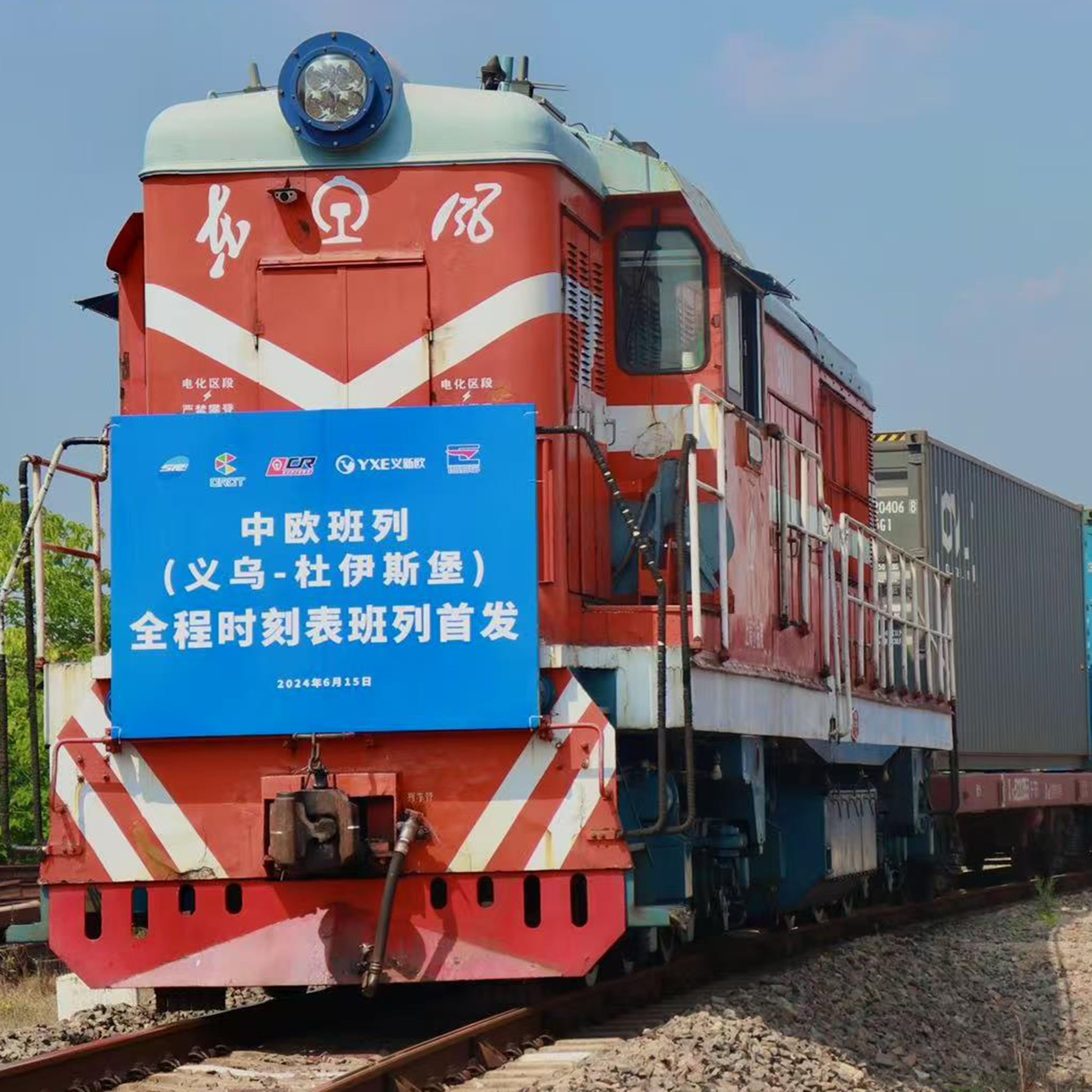We're sunsetting PodQuest on 2025-07-28. Thank you for your support!
Export Podcast Subscriptions
I
Ilham Kadri
T
Tianlu
y
you
Tianlu:近年来全球供应链经历了深刻的转型,企业合作和国家协作或竞争的方式正在迅速变化。疫情、地缘政治和中东紧张局势等冲突,使得企业不再满足于依赖单一路线或单一地区,因此正在重新设计供应链,使其更具弹性,在某些情况下更本地化,但仍具有全球视野。公司希望拥有灵活的网络,这意味着他们希望供应链能够在发生中断时进行调整,无论那是自然灾害、政治冲突还是贸易政策变化。几年前,公司可以将绿色战略和地缘政治风险战略分开考虑,但现在它们已经完全交织在一起。未来十年取得成功的公司,将把绿色转型、能源获取和地缘政治风险视为一个相互关联的战略,而不是孤立的。美国提高关税引发了主要经济体之间贸易紧张局势的升级,重塑了全球供应链。这不是彻底的脱钩,而是一种复杂的重新调整。重塑供应链不仅仅是政治或商业,还关系到你口袋里的科技产品、为你家供电的能源以及人们赖以生存的未来工作。中国在其中扮演着中心角色。
Ilham Kadri:中国是当今世界的工业中心,在化工行业中,全球超过50%的产量来自中国,我们不能忽视中国。我们是在中国的中国人,我们拥抱这个国家的基调、结构和工业结构。
Deep Dive
Global supply chains are becoming more fragmented and regionally diversified due to geopolitical tensions, the pandemic, and conflicts. Companies are prioritizing resilience and flexibility in their supply chains, integrating green strategies and geopolitical risk assessment. This requires securing reliable and ethical sources for critical minerals and adapting to energy security concerns.
- Shift from linear to fragmented and regionally diversified supply chains
- Growing focus on resilience and flexibility
- Integration of green strategies and geopolitical risk assessment
- Importance of securing reliable sources for critical minerals
- Energy security concerns influencing supply chain strategies
Shownotes Transcript
As global supply chains face increasing challenges from geopolitical tensions, national security concerns, and the shifting dynamics of international trade, businesses are being forced to adapt quickly. In this episode of Deep Dive, we explore how these challenges are transforming the global trade landscape. Reporter Tian Lu takes us inside the recent Davos Forum in Tianjin, where experts gathered to discuss the future of supply chains.
